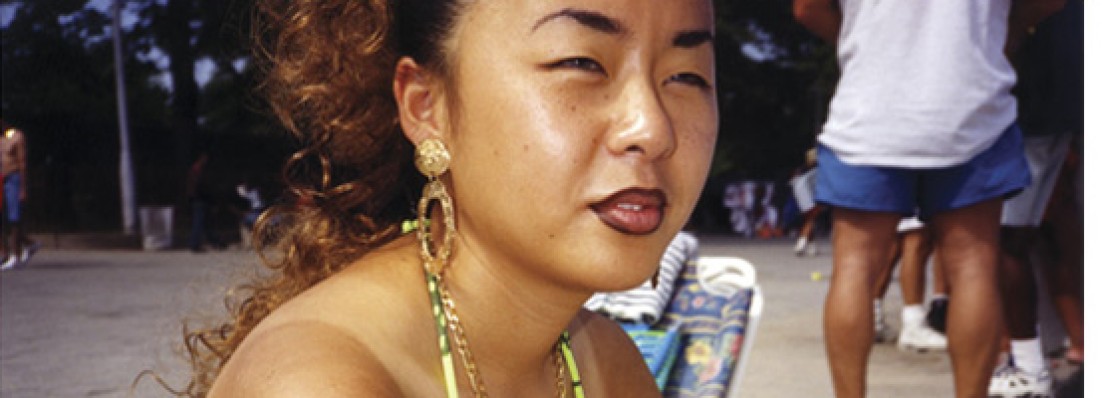Personally, I find reading poetry quite challenging because as we learned in class, the content is up for interpretation and it leads to much “excess”. This “excess” is what frustrates me the most because there is potentially no “correct” meaning and leaves me questioning everything. When I was reading Call Me Ishmael Tonight, I was intrigued by the strict structures of the ghazals and what effect it had for me as a reader. All of the poems had the same forms of parallelism or assonance and I found it interesting as much as I found it distracting in a way that I kept questioning what it meant to keep repeating that one phrase. One ghazal that stood out to me was “For You”. In “For You”, the second line of every stanza ends in “for you”. The poem is dedicated to Michael Palmer an American poet, which implies that the “you” is Palmer, and even directly addresses Michael in the last stanza. However, in the middle of the poem, Ali seems to be using an apostrophe by addressing the U.S country, as he says “dear America”. My interpretation this was that the “you” was someone American, and perhaps because Palmer is an American that he was appropriately acknowledged. It seemed to me that the poem was about Ali’s experience as an American immigrant who left his home country because of political strife and the difficulties he faced. He mentions “The birthplace of written language is bombed to nothing” in the seventh stanza, perhaps referencing South Asia where some of the oldest known written language is from, and mentions a “visitor’s card” and asks the questions “Who was I? Who am I?” in the ninth stanza.
Identity and the Body in Asian American Literature
ASAM 110 Spring 2013

- Comment
- Reblog
-
Subscribe
Subscribed
Already have a WordPress.com account? Log in now.
%d
June 9, 2013 at 5:10 pm
There is something interesting here that weds our discussions of representation and identity – can you say more about the couplet that ends “Who was I? Who am I? I’ve brought my claim. For you.” in terms of your attempt to identify who is being addressed in this ghazal?